Tips for a Great Garden with Less Work
Keep the yard looking good with limited time and energy
By George Weigel | Photos by George WeigelGardening can be relaxing, satisfying and rewarding. But even those of us with the greenest of thumbs run into obstacles that limit our ability to get out there and putter around. Whether you’re short on time, or are finding that your body doesn’t quite work the way it used to, garden enthusiasts can compensate by gardening smarter instead of harder. By doing necessary jobs more efficiently and skipping a few unnecessary ones, it’s possible to maintain a nice yard with less stress. And that’s a good goal, no matter your age.
General labor-savers
- Pace yourself. It’s OK to take breaks. Split jobs over several days instead of one-day marathons. You may even be able to spread work into the off-season, such as clipping spent perennials or edging beds during a winter thaw.
- Zone it. Carve the landscape into zones (front, back, vegetable garden, etc.) and worry about just one of them at a time. Tackle each by priority. This breaks one mammoth job into a series of manageable small ones.
- Get help. Hire out the toughest or most time-consuming jobs first. Spreading truckloads of mulch might be a good place to start.
- Vary the work. Don’t overdo it repeating the same motion hour after hour. Do a little digging, a little weeding, a little watering. Variety reduces soreness, blisters and repetitive-motion injuries.
- Simplify. Walk the yard and assess which plants or gardens are causing an unacceptable amount of work. Bite the bullet and replace them with plantings that need less care.
- Re-evaluate. Can you reduce or let go of unrealistic standards? Does the lawn really have to be totally weed-free? Can the hedge grow looser instead of being tightly clipped three times a season? Is that fresh coat of mulch really needed every spring?
Jobs to skip
- Bulb care. Skip braiding bulb foliage after the flowers bloom. It’s a waste of work and is counter-productive anyway. Interplant bulbs with perennials so the emerging perennial foliage will hide the decaying bulb foliage or lean toward short, small-leafed bulbs whose foliage fades away.
- Spraying. Be more forgiving of temporary, cosmetic plant damage. Few bugs and diseases are plant-killers. For plants threatened by repeated potential fatal problems, consider replacing them rather than constantly rescuing them.
- Mass-planting annuals. Cut back on planting and watering annual flowers by spotting them in smaller clusters. Or switch to using them just in pots, hanging baskets and window boxes.
- Raking. No need to rake every last leaf out of the yard. Leaves insulate plants over winter and feed the lawn when they’re mowed in rather than raked off. Rake only if there are too many leaves on the lawn to effectively mow them.
- Tilling. You’ll probably need to till a new bed and work in compost, but after that, regular tilling is counter-productive. It stirs up weed seeds, kills earthworms and harms soil structure when wet soil is tilled.
Weed-fighting
- Prevention is the best medicine. Keep 2 to 3 inches of bark or wood mulch over beds. Or use granular weed preventers over garden beds in early spring before new weeds begin to sprout.
- No openings. Plant closely so that your plants occupy all of the space. Low, spreading groundcover plants are especially effective. Remember, weeds love bare soil.
- Weed when wet. Weeds come out easier in damp soil. Hoeing is more effective in dry soil since cut-off weeds are less likely to regrow then.
- Get weeds when they’re little. You’ll save a ton of trouble by stopping weeds before they go to seed or fruit. Better to police for weeds often than to try to undo a massive invasion.
- Right weapons. Switch to long-handled weeding tools if bending over is too hard on your back. Or spot-spray weeds with an herbicide or vinegar.
- Watch what you plant. Some plants become weeds by rampant re-seeding (i.e. morning glory, Johnny jump-ups, nigella, sweet Annie, borage, snow-on-the-mountain). And some “pass-along plants” given by friends and neighbors (i.e. ribbon grass, bishop’s weed, houttuynia, lamiastrum, mints) become invaders since people tend to dig up and give away what’s getting out of control in their garden.
Lightening lawn work
- Cut high. Longer but level grass still looks neat, conserves moisture and shades emerging weeds. Cutting short just encourages faster growth and more mowing.
- Stop bagging. Let grass clips lie. It saves work and cuts landfill costs, and decaying clips return nutrients to the soil. Cut often enough that clips don’t form clumps.
- Fertilize less. Do you really need four or five applications per year? Organic or “slow-release” nitrogen fertilizers give you good but slower-growth results and can be done just twice a year.
- Overseed to keep lawn thick. Dense grass is a great defense against weeds. There’s no room for anything else.
- Reduce lawn size. In the long run, low-care beds of dwarf shrubs, perennials, compact evergreens and groundcovers are less expensive and less work than lawns. What other plant do we prune 25 times a year?
- Eliminate edging. Lay stone or brick around bed perimeters. Set one upright and butt a second one against it flat and level with the ground on the lawn side. This holds in mulch, keeps grass out, and lets you run the mower wheels over the flat course.
Smarter plant selection
- Watch sizes. Most pruning work is done because we put too-big plants in too-little spaces. Lean toward compact, dwarf varieties in any new plantings or at least give adequate growth space.
- More trees. Some of the lowest-care landscaping is island beds of groundcovers, shade-tolerant shrubs and low-care perennials growing under trees. Pick small to mid-size ornamental trees that do more than one thing in one season.
- Homework. Research how much care a plant is going to need before buying it. Especially lean toward varieties that seldom run into pest problems. Good resources include garden centers, public gardens and local NC Cooperative Extension services (visit ces.ncsu.edu to find your county office).
About the Author
George Weigel (georgeweigel.net) is a Pennsylvania-based horticulturist, garden consultant, author and newspaper garden columnist.
-
More ways to make gardening easier
-
Share this story:

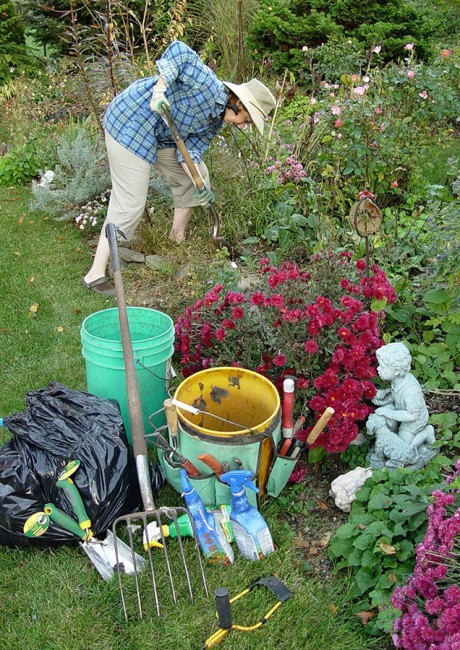
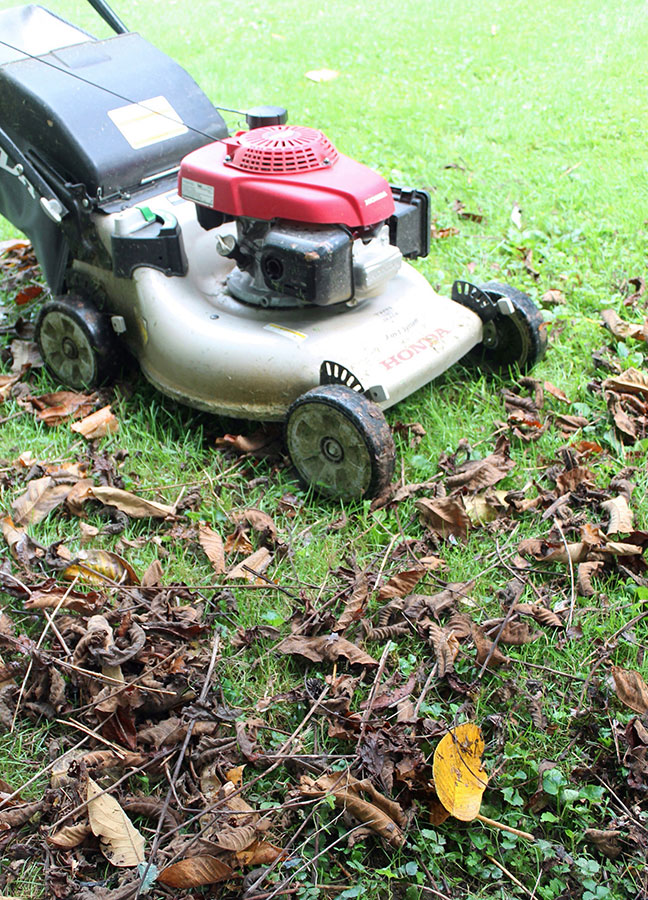
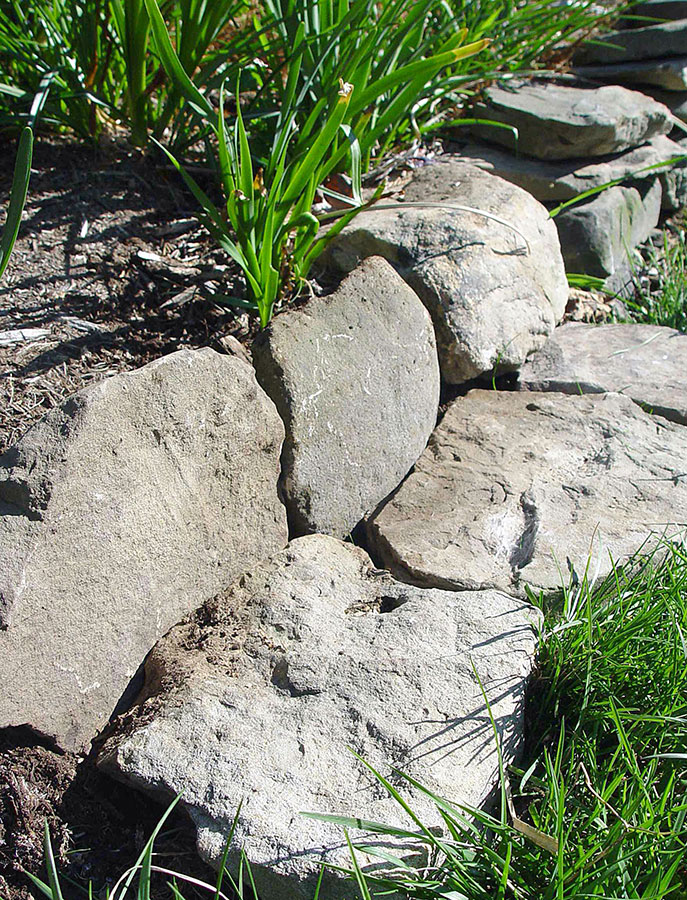
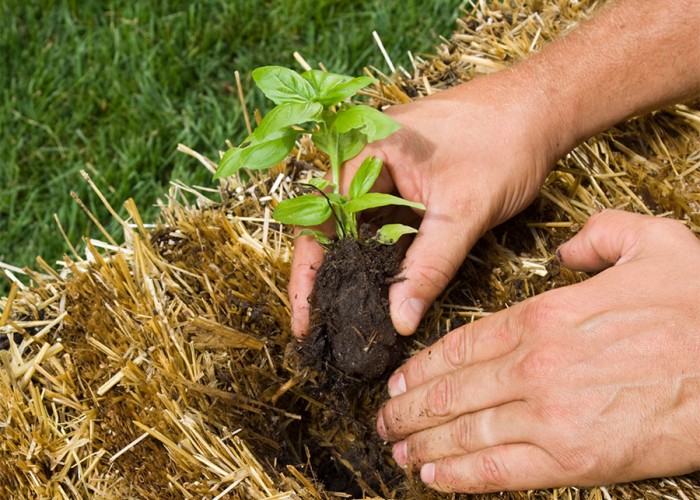
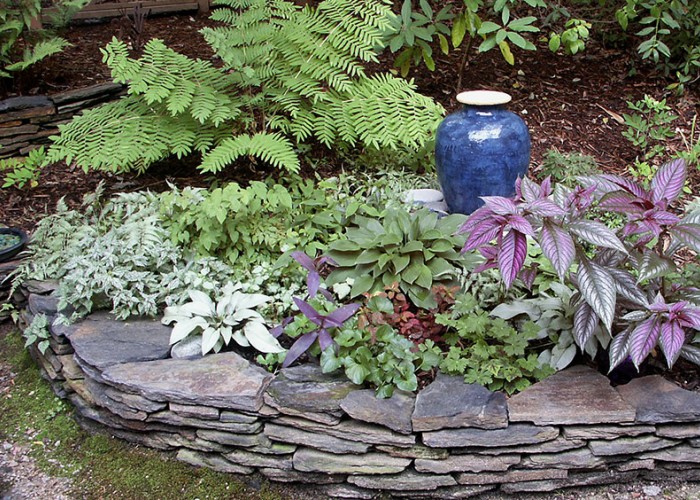



Comments (1)
David Chevalier |
August 21, 2023 |
reply